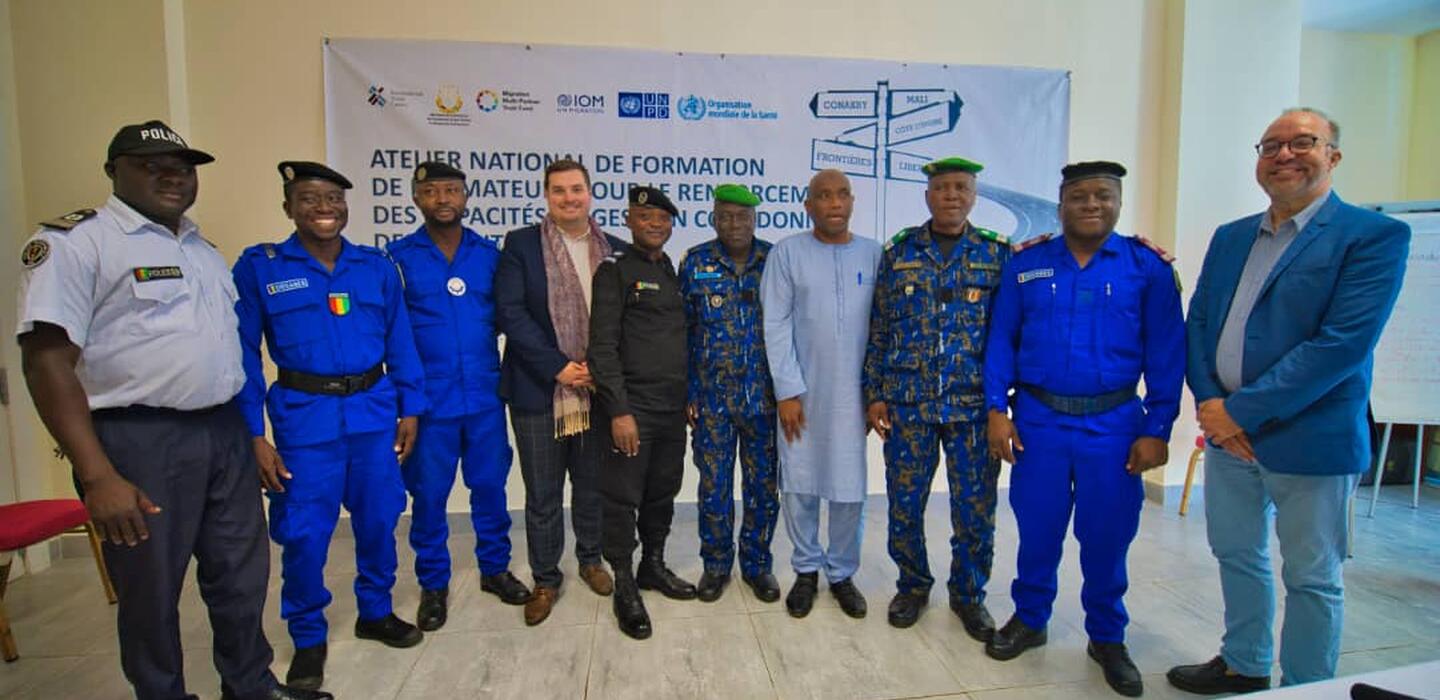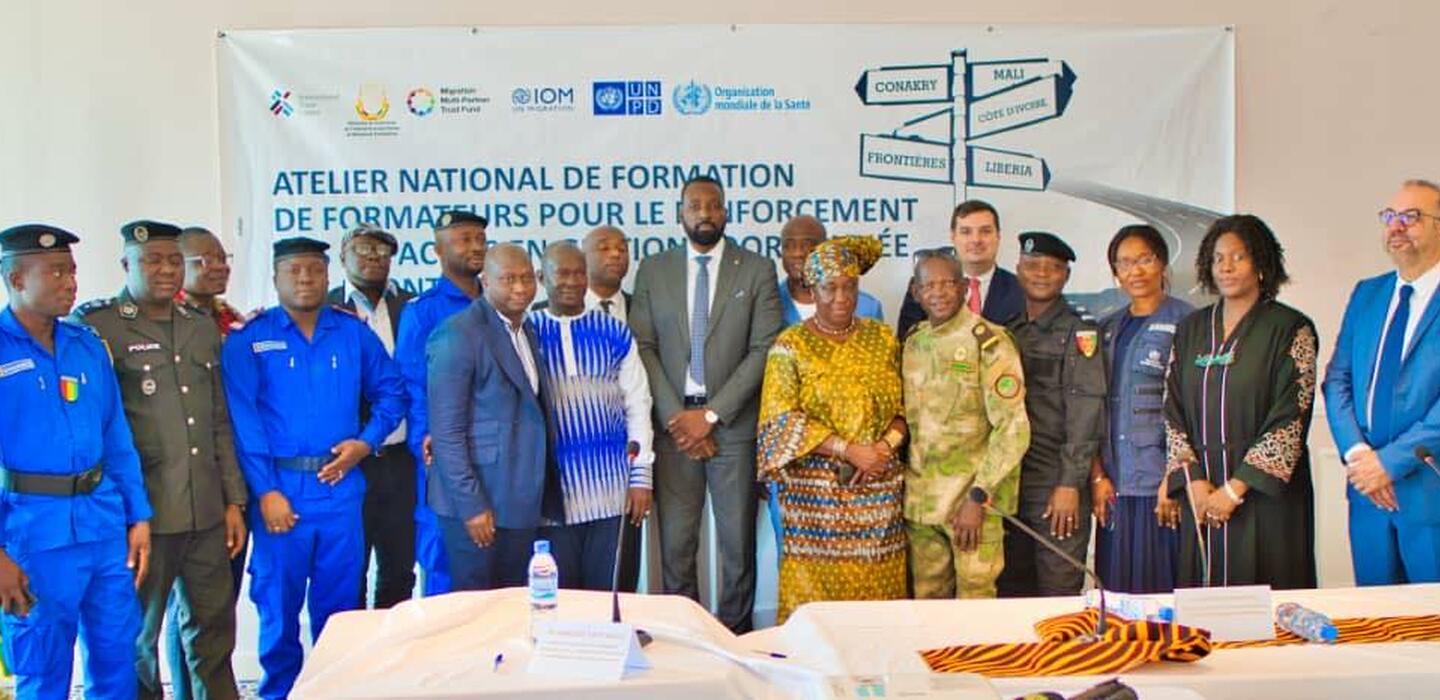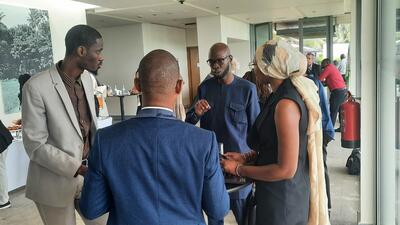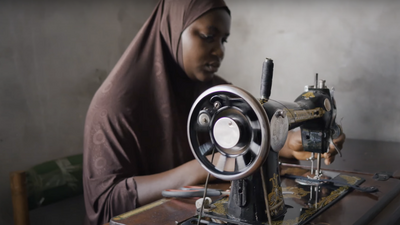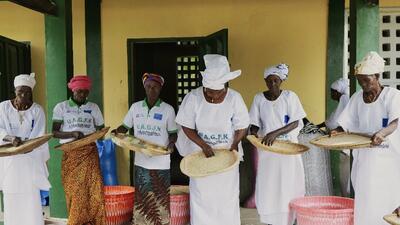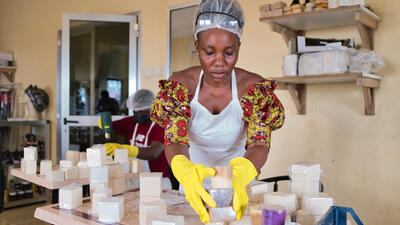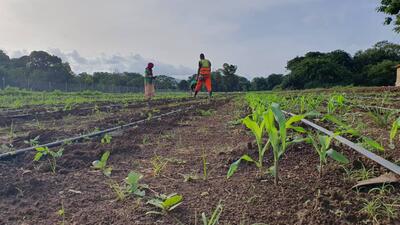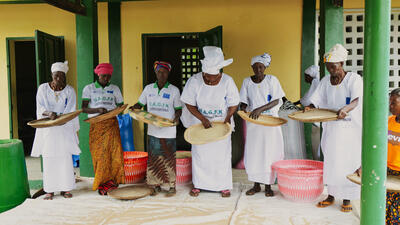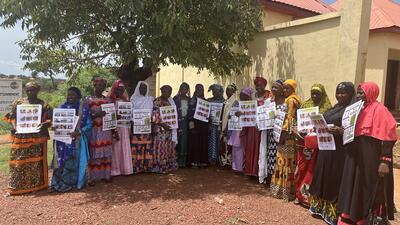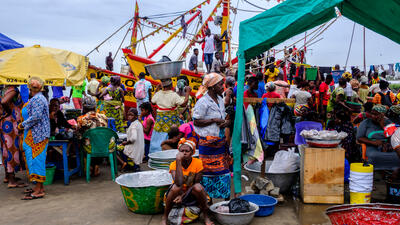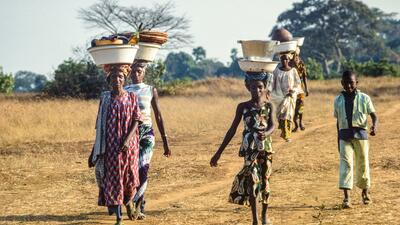
Better management for peace and prosperity on Guinean borders
Agencies on Guinea’s borders are improving their management and coordination, after an ITC workshop that shows how to identify risks while allowing a smooth flow of people and goods.
Risks abound along Guinea’s porous borders. Human trafficking, smuggling and counterfeit medications all pose challenges for border officials, who aren’t always equipped to determine who’s a migrant and who’s a criminal.
These issues come into sharpest focus in border communities and in the region of the Parrot’s Beak area as a transit point for all kinds of traders from neighbourhood countries.
The river that forms Guinea’s border with Liberia and Sierra Leone runs through difficult terrain. In this area, enforcement agencies can’t easily tell who’s a legitimate trader and who’s a smuggler.
The solution is better coordination among agencies. When government agencies work together to manage the border, life improves for communities – especially for small businesses who depend on reliable crossings.
Ensure security while allowing trade
Transparent, predictable border operations allow authorities to control the flow of people and goods in a way that protects security, health and the environment while allowing efficient trade. By focussing on real risks, instead of treating everyone as a potential risk, agencies make better use of their resources and build trust with the border communities.
To improve coordination among border agencies, the International Trade Centre (ITC) led a workshop from 4 to 7 October 2022 to train local officials. They learned how to conduct their own training sessions for their staff on the concept of coordinated border management.
“It is a timely response to the challenges faced by Guinea to control its migration flows, combatting counterfeit medications and the traffic its natural resources,” said Timothée Bruneteau, associate trade facilitation programme officer at the ITC.
He said the programme will “reinforce the capacity of frontline agents on coordinated border management and will help bring long-term changes to control practices.”
Sixteen people attended from agencies that manage customs, security, health, agriculture, environment and livestock control.
The workshop formed part of the UN Multi-Partner Migration Trust Fund (MPTF), with Guinea’s Ministry of Trade, Industry and Small and Medium Sized Enterprises.
“It will contribute to the current reforms to bring transparency and efficiency in cross border trade operations,” said Mohamed Bakayoko, secretary general at the ministry.
The system strikes a balance between inspections and trade facilitation.
The training programme is fully integrated in the head offices of each border regulatory agency and within the strategy of Guinea’s National Trade Facilitation Committee. The goal is to reduce the number of redundant border controls and to make businesses more competitive.
This initiative contributes to Guinea’s compliance with the WTO Trade Facilitation Agreement, specifically article 7.4 which encourages border controls based on risks. This avoids arbitrary enforcement and builds trust between border agencies and businesses.
About the project
The ITC-led coordinated border management programme has been established in partnership with the National Direction of External Trade and Competition and the General Direction of Customs under the Multi-Partner Migration Trust Fund (MPTF), implemented by ITC in collaboration with the International Organization for Migration, the World Health Organization, and the UN Development Programme.




